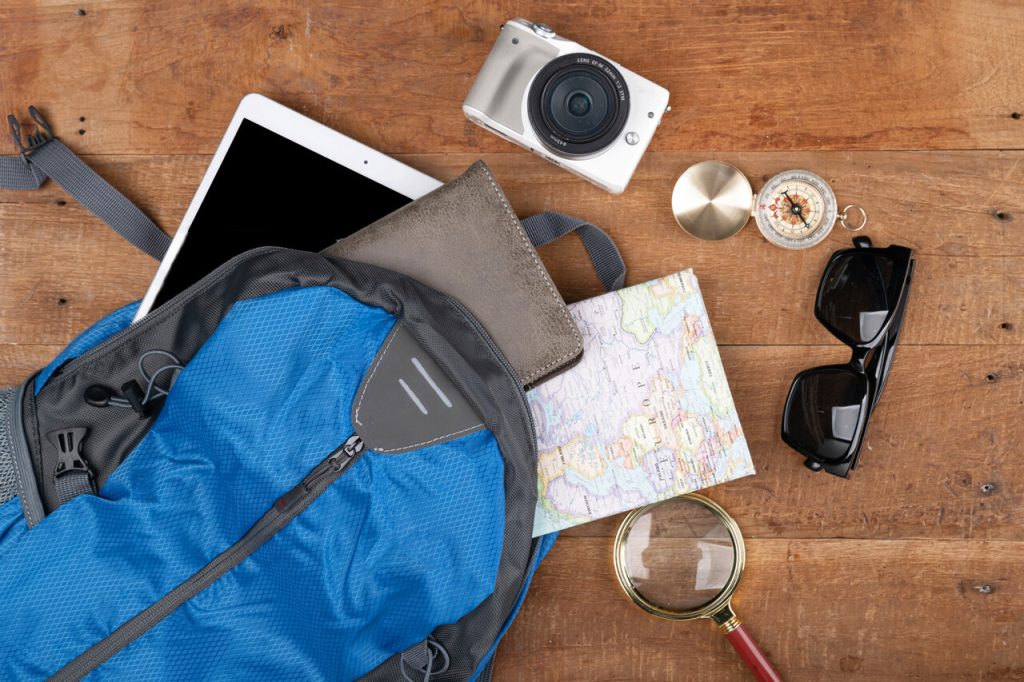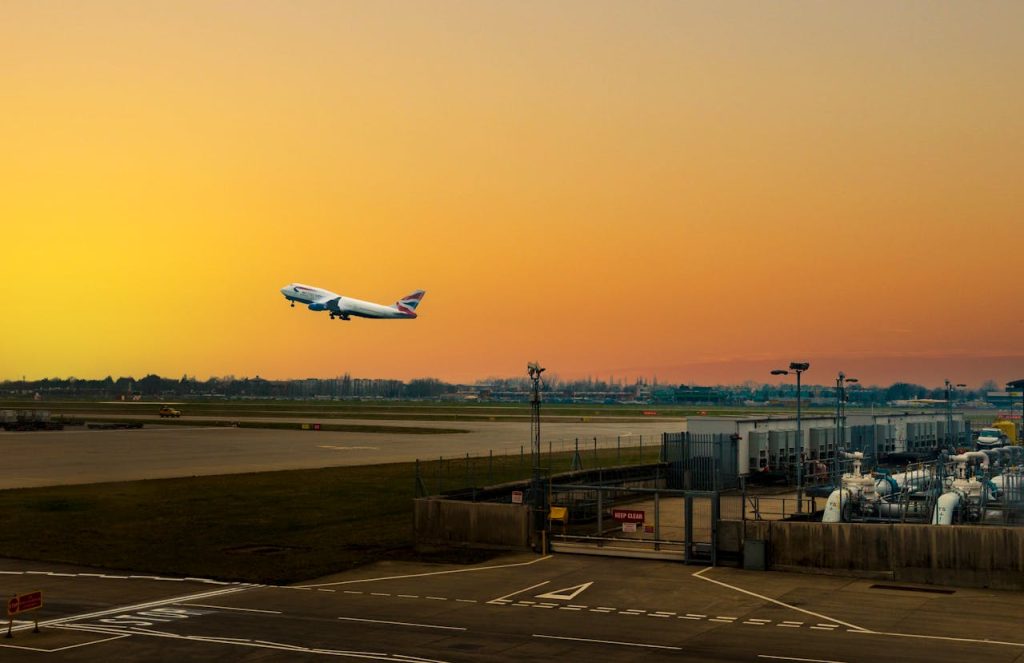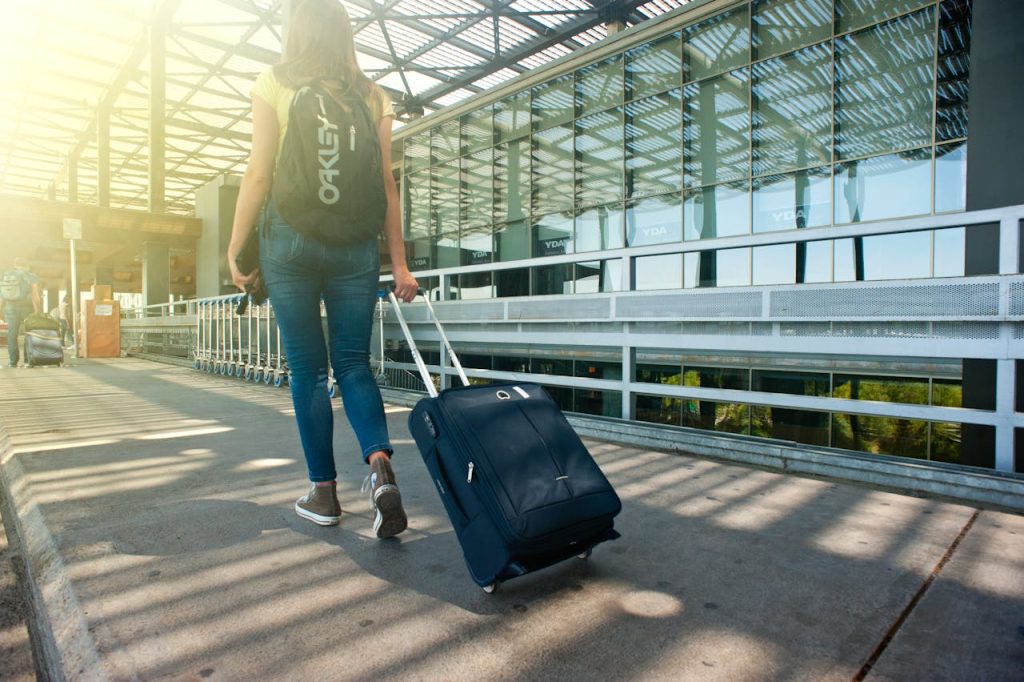Travel Tips For Older Adventurers Who Want Stress-Free Vacations

Travel should feel exciting, not exhausting, even when you no longer feel like sprinting through airports or dragging luggage across unfamiliar streets. With a little planning, you can look forward to stress-free vacations that let you move at your own pace, enjoy the sights, and stay comfortable wherever you go. You want smooth check-ins, reliable transportation, and accommodations that fit your mobility and comfort needs. The best part is that small changes before you leave can make a big difference once you arrive, helping you enjoy more and worry less.
1. Choose destinations that fit your pace

You want places that match the pace you enjoy, not destinations that force you to rush. Look for cities with accessible public transport, reliable taxis, and walkable areas without steep hills or long climbs. Many tourism boards share accessibility details online, including transit routes, elevator access, and mobility friendly attractions. Cruises and guided tours can also help you avoid the stress of daily planning. When you pick locations that support how you prefer to explore, you get to stay relaxed and focused on the experiences you came for instead of navigating challenges that take energy away from the trip.
2. Book nonstop or shorter flights to save energy

Long layovers and multi-leg flights can wear you out before your trip even begins. Booking nonstop flights or itineraries with short connections helps you conserve energy and reduces the risk of missed flights. When possible, choose airlines known for better seating comfort and friendly assistance services. Calling the airline before departure makes check-in and boarding easier, especially if you want help with transfers or need a wheelchair on arrival. A little preparation means you start your trip refreshed instead of recovering from a marathon travel day, giving you more time to enjoy your destination as soon as you land.
3. Consider travel insurance that covers your needs

You never want surprises while traveling, especially medical or mobility emergencies. Choosing a travel insurance plan that covers prescriptions, unexpected treatment, and trip changes can give you confidence throughout your journey. Many policies also include support for lost medications or urgent replacements if pharmacies work differently where you are visiting. Read the fine print so you understand coverage, reimbursement rules, and who to call if something goes wrong. When you leave home knowing you have protection for the unexpected, you can relax into the vacation and stay focused on enjoying the experience instead of worrying about what might happen.
4. Pack smart with lightweight, functional luggage

Heavy bags are tiring to pull and difficult to lift into overhead bins. Rolling luggage with four wheels helps you move through airport terminals with less strain, while packing cubes keep clothing neat and easy to access. Bring what you use every day and skip items you rarely touch. If your medications or toiletries need temperature control, carry a small insulated pouch in your personal item. It is also smart to keep your travel documents in one place where you can reach them quickly. When your luggage works with you instead of against you, every travel day feels easier and more manageable.
5. Give yourself extra time at airports

Tight schedules create stress, especially when crowds, long security lines, or delays appear without warning. Arriving early gives you space to breathe, rest, and move at the pace that feels natural. Many airports have accessible seating areas, elevators, and moving walkways that make navigation easier once you arrive. If waiting makes you uncomfortable, bring a book, puzzle app, or music to help the time pass pleasantly. Some travelers even book premium assistance seats or wheelchairs to avoid walking long distances. When you treat the airport as part of the journey, not a race, the whole trip feels calmer from the start.
6. Choose accommodations with comfort in mind

Hotels and vacation rentals vary in accessibility, so research before booking helps you avoid surprises. Many properties list details like elevator access, shower rails, room distance from the lobby, and in-room seating. If you have mobility needs, calling the property directly often gives better insight than reading online listings. Rooms on lower floors offer shorter elevator waits, while staying near dining and transport saves extra steps. Prioritize good beds, quiet rooms, and amenities that support how you like to rest. When your accommodations give you space to recharge, you enjoy each day with more energy and comfort.
7. Plan one big activity per day, not five

Travel should not feel like a checklist that leaves you tired before lunch. Planning one major activity per day gives you something to look forward to while leaving plenty of time for rest, meals, and wandering. You stay flexible, enjoy each moment more fully, and avoid the scattered feeling that comes from overscheduling. If you see something else interesting along the way, you can add it without feeling rushed. The best memories often come when you slow down enough to truly experience the place instead of racing to squeeze everything in. Quality over quantity makes travel more satisfying at any age.





